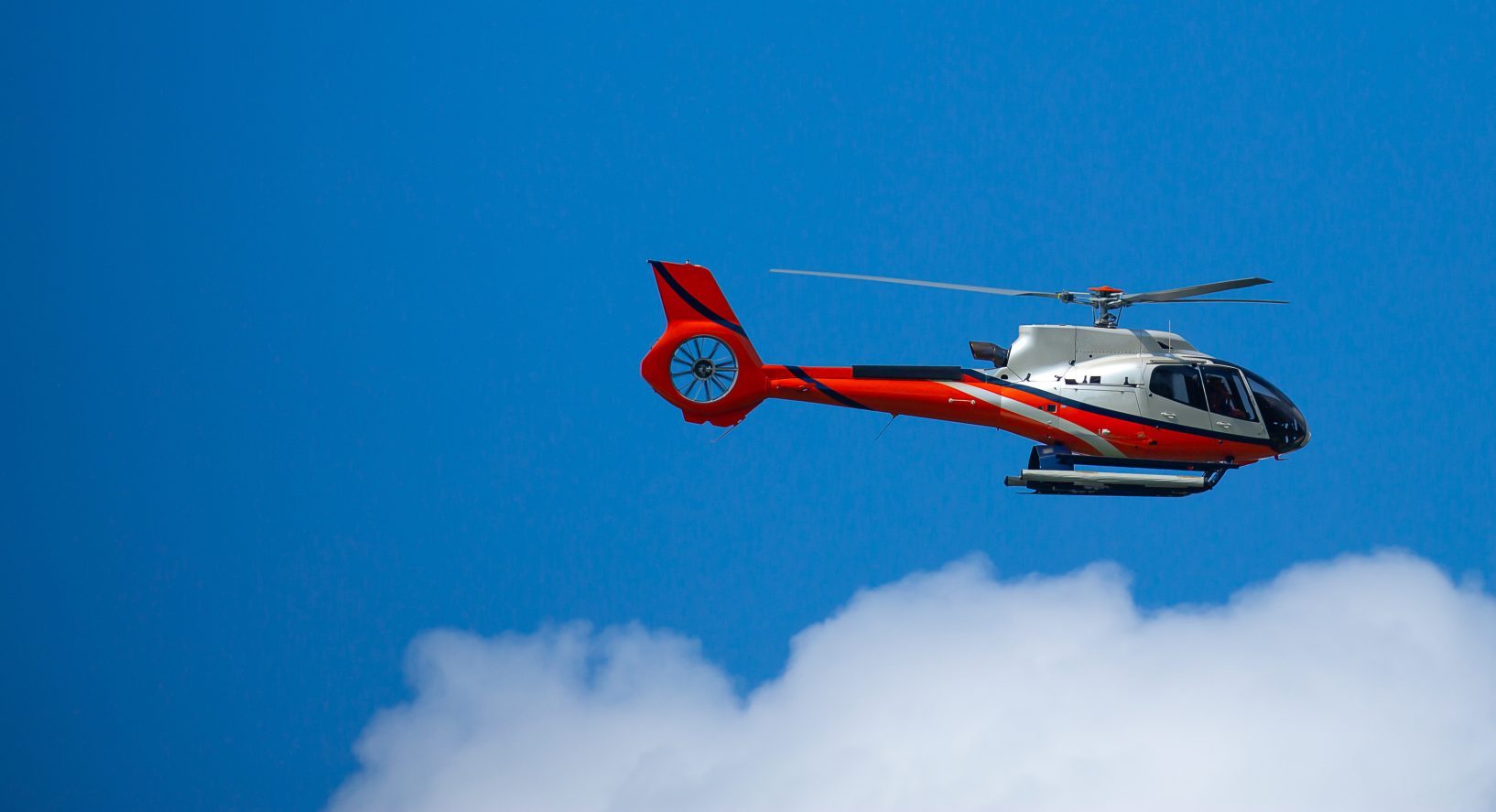Living, working, and visiting an area prone to natural disasters can be challenging. While the basics of emergency preparedness may be second nature, there’s always room to enhance your readiness and improve your ability to withstand the unpredictable forces of nature.
Never hesitate to call for help
If you need emergency care, never hesitate to call 911. Some emergencies can be particularly time-sensitive, such as heart attacks, strokes, and allergic reactions. Situations like these require care as soon as possible to reduce the possibility of complications and ensure the best outcome. Even if you think your situation may not be significant, it’s better to call and allow the dispatcher to provide guidance. 911 dispatchers are trained to assess emergency situations and determine the level of response needed.
Quick tip
Outside the United States, emergency contacts aren’t always 911. Before your trip abroad, make sure you know how to reach emergency services where you are visiting.
Be prepared to adapt to the emergency disaster plan
During a hurricane or natural disaster, it may take more time for emergency medical transport to reach you, as it has to adapt to disaster conditions. However, first responders go through extensive training for situations just like these and there is typically a community emergency plan in effect. In disaster situations, emergency responders may need to set up pre-hospital stabilization sites, triage areas, or other temporary care sites to manage the overwhelming amount of injured people. You may need to be transported to one of those sites and stabilized before being transported to a local hospital. Thankfully, MASA will be ready to help protect you from out-of-pocket costs for your emergency transportation.
Upgrade your emergency skills with courses
If there’s a delay in emergency care because you live in a rural area or in the aftermath of a natural disaster, you or your family may have to rely on your own emergency care skills until help arrives. Taking a course on CPR and/or first aid with an organization like the American Red Cross (particularly a course that offers training specific to your area) can give you the skills you may need to stabilize yourself, or someone else, in the event of an injury.
Insight from the American Red Cross
From basic lifesaving skills to emergency preparedness and helping others, these core concepts enhance personal growth and promote resilience …. grasping the things everyone should learn empowers you to make informed decisions and build meaningful connections with the people and world around you …. Emergency preparedness reduces fear, anxiety, and losses that accompany disasters.
Backup your devices and power up with helpful apps
Consider downloading some emergency information apps to your mobile device. The American Red Cross apps (iOS or Android) and the FEMA app are great for on-the-go access to first aid information and step-by-step guides, as well as severe weather tracking and emergency alerts. Plus, download the MASA app (iOS and Android), so you’ll have quick access to your emergency medical transport membership benefits.
If you are in an area where natural disasters are common, maintaining a charged backup mobile device and portable power bank in your emergency kit can level up your preparedness. Make sure you download the same important apps you have on your primary device to your backup device. Plus, add downloaded maps, emergency contact lists, and copies of important documents to your backup device, so you have access to important information even if cellular service is down. In those situations, you’ll also want to stay as up to date as possible on weather forecasts and potential hazards for your area.
Identify weaknesses through testing
You’ve taken some first aid courses, packed your emergency kit, and made an emergency plan — have you tested everything to make sure it will work when disaster hits? Many make an emergency plan and put together a kit, but few remember to actually test everything out and practice. Organize regular practice drills to test the effectiveness of your emergency plan. Try out different scenarios and use the opportunity to test out the gear in your emergency kit. You’ll be able to identify any weaknesses or areas for improvement, so you can refine your strategies accordingly.
Remember, disasters don’t just hit you at home
What if you have a medical emergency or disaster strikes while you’re away from home? Have you thought about what you might do? If you’re planning to be away from home for longer than 24 hours, consider bringing along a smaller version of your emergency supply kit, as well as your power bank and backup mobile device with helpful digital tools like downloaded maps, the MASA app, and the Red Cross app. You can also create a temporary emergency plan and decide on a designated meeting spot for you and others you may be with, in the event that a disaster occurs.
No matter where you go, having access to the MASA app is key, because it gives you quick access to your membership information and benefits. Before you leave, review your MASA plan in the app or in your member portal to see what resources are available to you and where they extend. While MASA isn’t travel insurance, some of your membership benefits may extend worldwide. Submit your itinerary in the member portal 10 days before you depart for any international trips. If your plan includes repatriation, and you need continued care after an emergency, we’ll provide coordination services and cover the expenses to transport you to a medical facility near your home. We also offer features like minor child return transportation and pet return transportation, which provide coordination assistance and offset expenses for the return of your child or pet safely home, if you are hospitalized due to a medical emergency. No matter where you go, you can count on MASA to protect you from unexpected medical transport costs.
We’re here for you
Here at MASA, we’re in the business of helping you stay prepared for the unexpected and access care when you need it. We hope our tips help you more confidently navigate emergencies, so you can increase your chances of staying safe and minimize the financial impact on your life.


